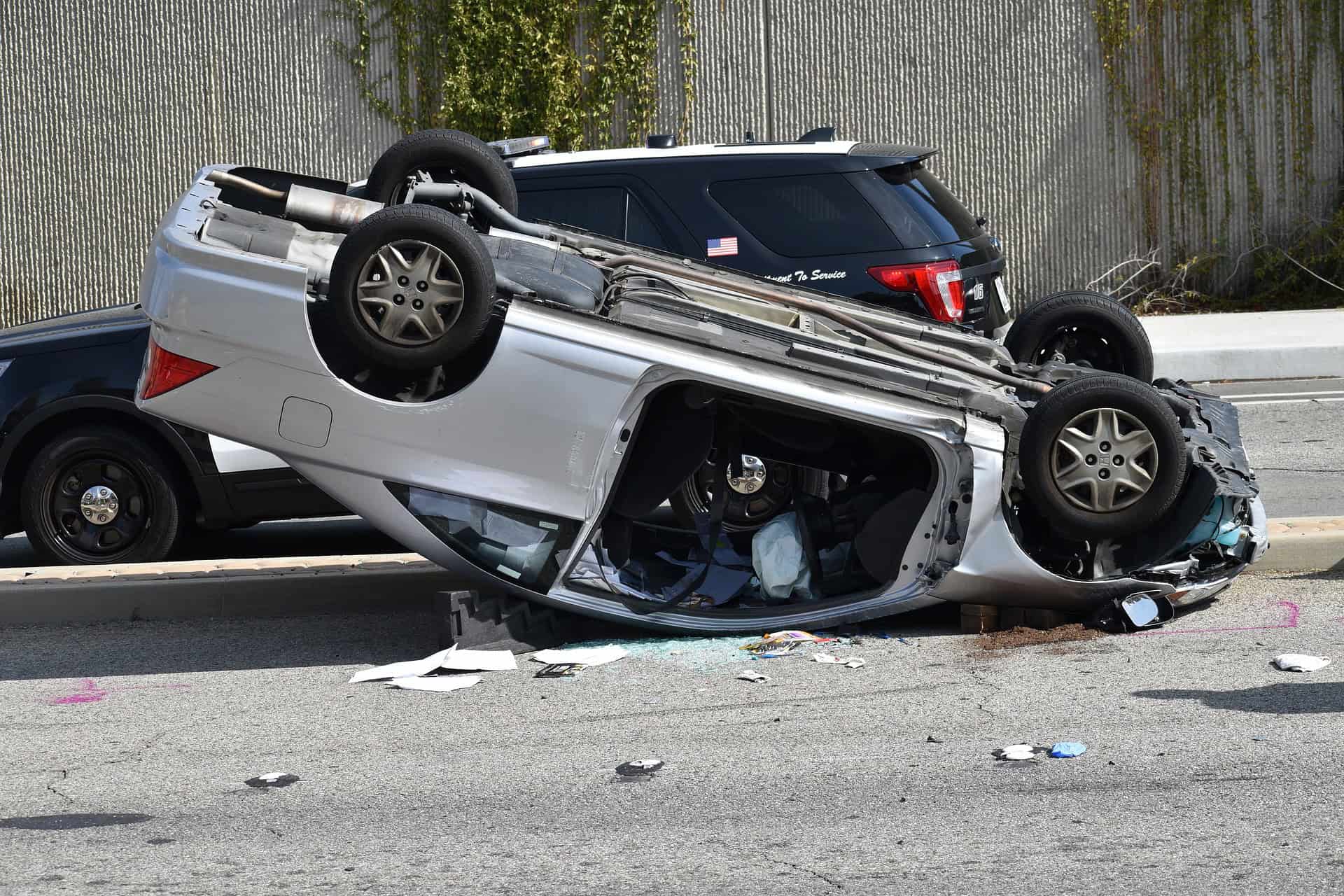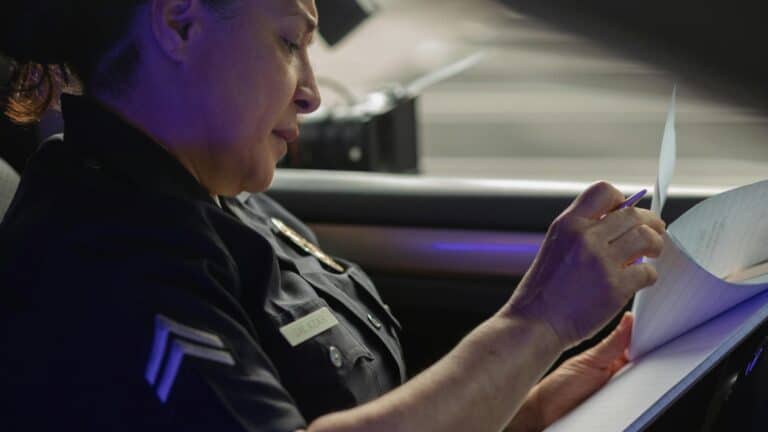Can You Be Held Liable for a Passenger’s Injuries in a Colorado Car Accident?

Navigating the aftermath of a car accident can be complex, especially if passengers were involved. In Colorado, understanding liability for a passenger’s injuries is essential for drivers seeking to protect their rights and prepare for potential legal or insurance obligations. This article outlines the key factors influencing liability, how Colorado law approaches fault, and what steps you can take to ensure you are prepared if you find yourself in such a situation.
Introduction: Liability and Car Accidents in Colorado
Car accidents can involve multiple parties, each potentially carrying a share of the fault. Whether driving through Denver or commuting in Commerce City, drivers need to understand how liability works when passengers are injured. Colorado’s comparative negligence laws and insurance coverage guidelines determine how responsibility is assigned and what it means for those involved.
Understanding Liability for Passenger Injuries
1. The Driver’s Duty of Care
Drivers are legally required to operate their vehicles with a reasonable degree of care to prevent harm to others, including passengers. If a driver’s negligence leads to an accident, they may be held liable for any resulting injuries. For instance, a driver in Aurora who is found to be speeding or distracted and causes an accident may be responsible for injuries to their passengers.
2. Determining Fault
Liability in car accidents, including those involving passenger injuries, is determined based on the concept of fault. Colorado follows a comparative negligence system, meaning that fault can be shared among multiple parties. If a driver is partially responsible for an accident, they may still be liable for passenger injuries, but the extent of their liability will be adjusted according to their percentage of fault.
Types of Insurance That May Cover Passenger Injuries
1. Bodily Injury Liability Coverage
This type of insurance covers medical expenses, lost wages, and other damages for passengers injured in an accident where the driver is found at fault. Colorado law requires all drivers to carry minimum bodily injury liability coverage of $25,000 per person and $50,000 per accident.
2. Medical Payments Coverage (MedPay)
MedPay is optional in Colorado but highly recommended. This coverage pays for medical expenses incurred by passengers regardless of who was at fault. For drivers in Westminster and Broomfield, having MedPay can provide immediate financial relief and demonstrate responsible financial planning.
3. Uninsured/Underinsured Motorist Coverage
If the driver at fault does not have sufficient insurance, passengers can turn to the uninsured or underinsured motorist coverage of the vehicle they were in or their own policies to help cover medical expenses.
When Passengers Can File a Claim
1. Against the At-Fault Driver’s Insurance
Passengers have the right to file a claim against the at-fault driver’s insurance to seek compensation for their injuries. This applies whether the at-fault driver was the operator of the vehicle they were in or another party involved in the accident.
2. Multiple Claims
If an accident involves multiple vehicles, passengers may be able to file claims against the insurance policies of more than one driver, depending on the determination of fault.
Example Scenario: A passenger in Denver sustains injuries in a multi-vehicle accident where both drivers share partial blame. The passenger may file claims against both drivers’ insurance policies to seek appropriate compensation.
Potential Liability as a Driver
1. Full or Partial Fault
If you, as a driver, are found to be fully or partially at fault for an accident, you could be liable for your passengers’ injuries. Your insurance will typically cover these expenses up to the limits of your policy. Any costs exceeding your coverage limits could potentially lead to personal liability, reinforcing the importance of having sufficient insurance coverage.
2. Guest Passenger Laws
While Colorado does not have specific “guest passenger” statutes that limit a passenger’s ability to sue the driver, passengers can seek compensation for damages as long as they can prove negligence or fault.
How to Protect Yourself as a Driver
1. Maintain Adequate Insurance Coverage
Ensure that your insurance policy includes bodily injury liability coverage that meets or exceeds the state’s minimum requirements. Adding options like MedPay and uninsured/underinsured motorist coverage can offer additional peace of mind.
2. Drive Responsibly
Driving with a responsible approach not only reduces the likelihood of an accident but also reinforces your commitment to passenger safety. Following traffic laws, avoiding distractions, and practicing defensive driving are essential steps for drivers in Aurora, Commerce City, and throughout Colorado.
3. Consult with Legal Professionals
If you are involved in an accident where passengers were injured, consulting with an attorney can help you understand your rights and potential liabilities. An attorney can guide you through the claims process, helping you negotiate with insurance companies and defend against any claims made by passengers.
Case Example: Passenger Injury Claim
A driver in Broomfield was involved in a minor accident where a passenger sustained whiplash. While the driver carried the required minimum coverage, the passenger’s medical expenses exceeded the policy’s limits. The passenger filed a claim against the driver’s insurance and used their own underinsured motorist coverage to cover the remaining expenses. This example highlights the importance of having comprehensive coverage and knowing how to handle such situations.
Conclusion
Understanding the potential liability for passenger injuries in Colorado is an essential part of being a responsible driver. Ensuring that you have adequate insurance, driving with care, and knowing how to navigate the claims process can protect your interests and those of your passengers. If you find yourself facing liability for an accident, seeking legal counsel can help you take the next steps to safeguard your rights and financial security.
FAQ
1. Can a passenger sue the driver they were riding with?
Yes, passengers can sue the driver if they are found to be at fault for the accident.
2. What insurance covers passenger injuries in a car accident?
Bodily injury liability coverage, MedPay, and uninsured/underinsured motorist coverage can all cover passenger injuries.
3. Does Colorado have guest passenger laws?
No, Colorado does not have guest passenger laws that restrict passengers from seeking compensation.
4. Can a passenger claim compensation from multiple drivers?
Yes, passengers can file claims against multiple at-fault drivers if more than one party shares responsibility for the accident.
5. What should I do if I am involved in an accident with injured passengers?
Ensure safety, seek medical attention for injured parties, contact law enforcement, report the accident to your insurance company, and consider consulting an attorney for guidance.






